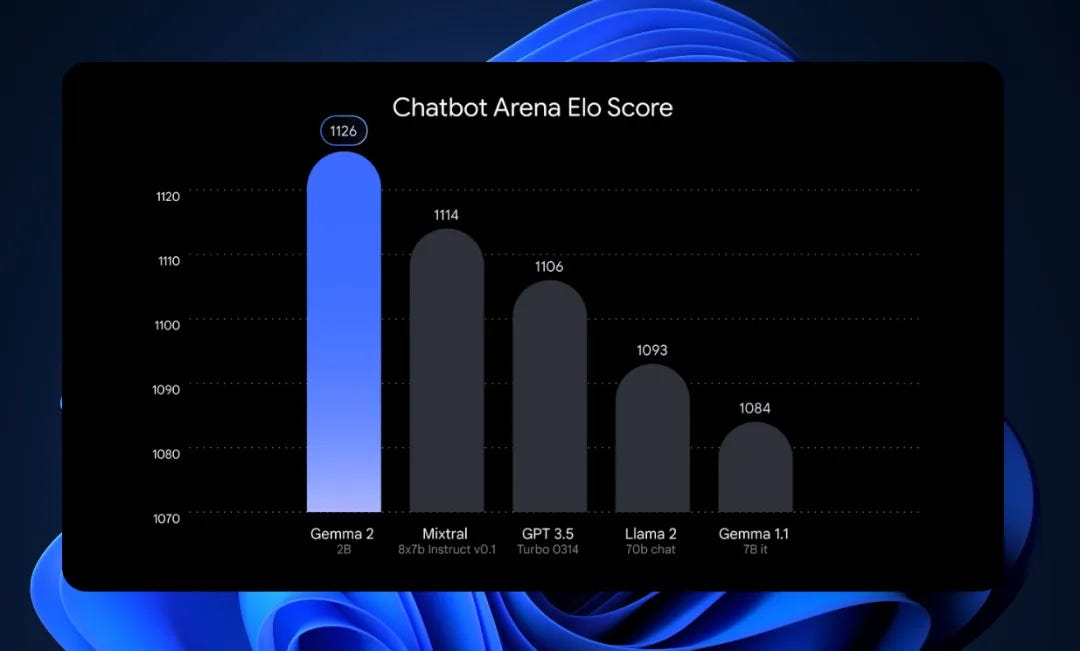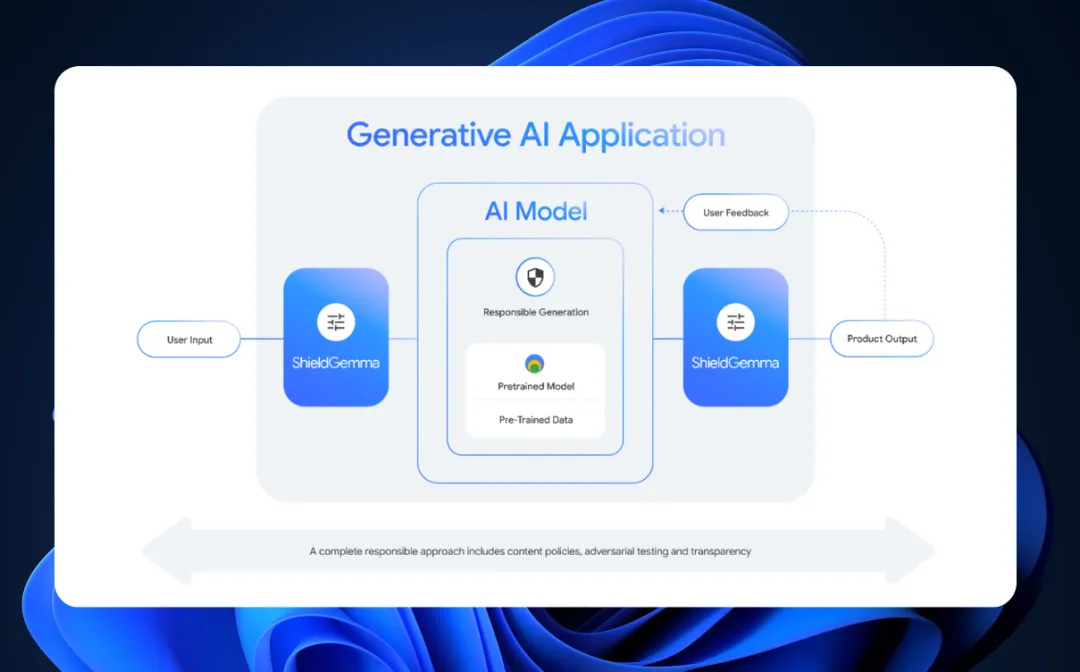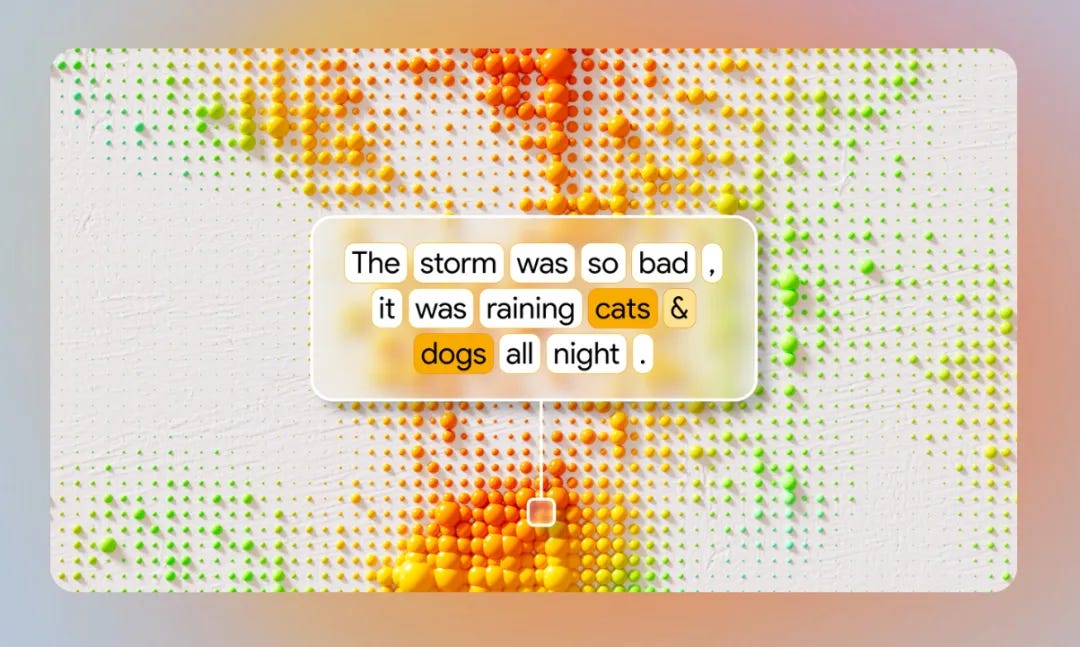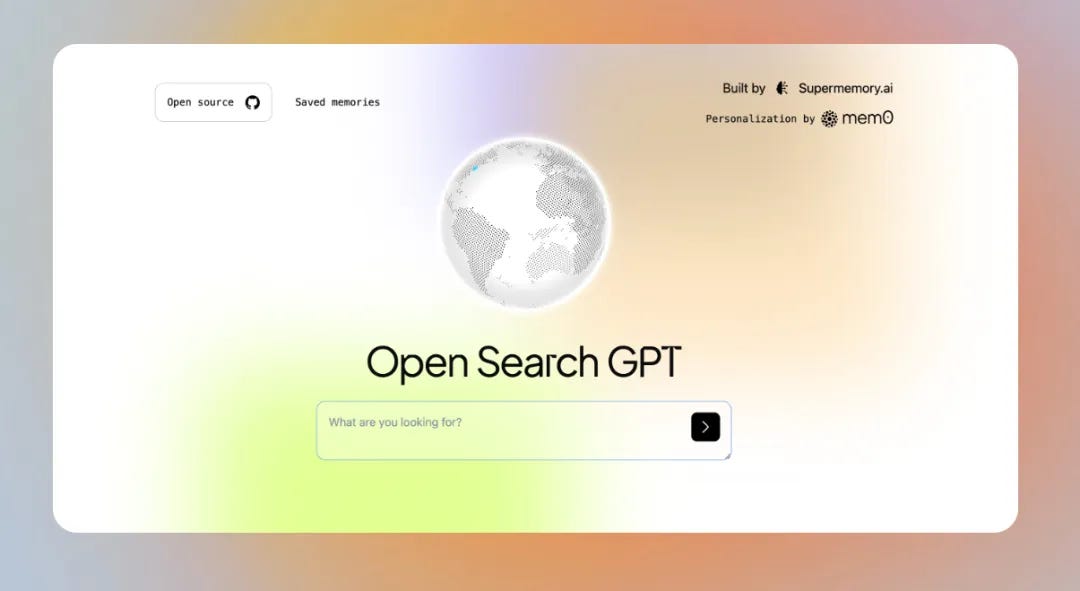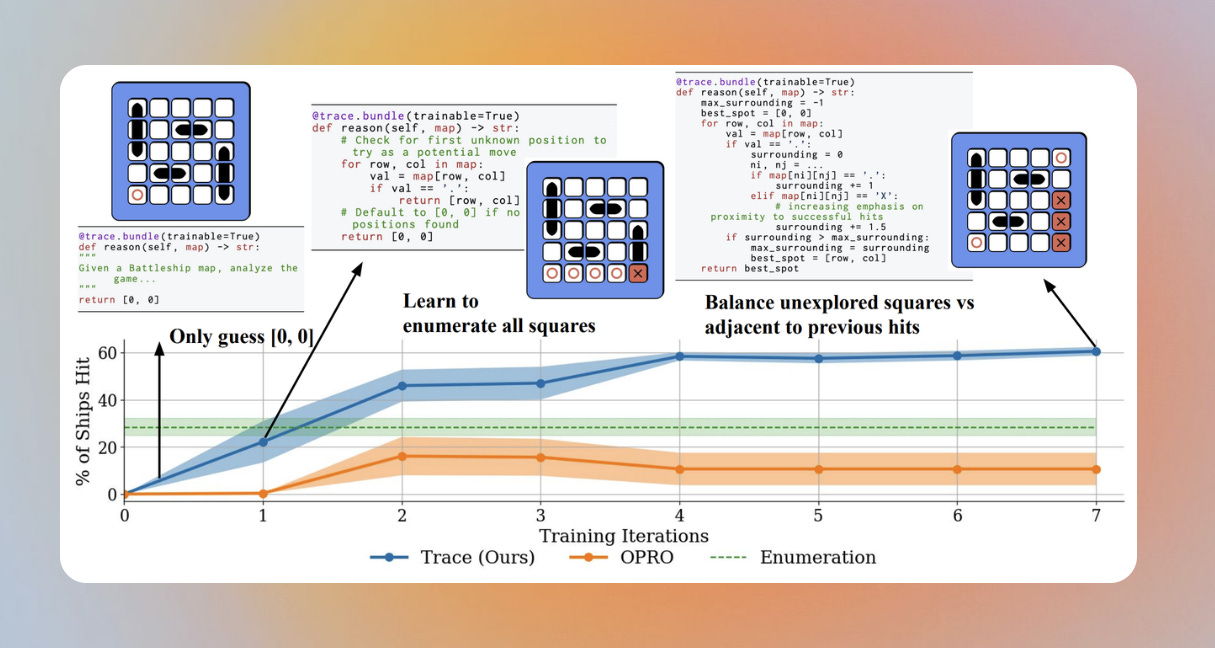Today's Open Source (2024-08-01): Google Releases 2B Edge Deployment Model
Discover top AI open-source models: Google's lightweight Gemma 2 2B, ShieldGemma for content safety, Ant-Multi-Modal-Framework, Gemma Scope, OpenSearch GPT, and Trace.
Here are some interesting AI open-source models and frameworks I wanted to share today:
Project: Gemma 2/Gemma 2 2B
Google's new lightweight model, Gemma 2 2B, can run on edge devices and laptops, surpassing all GPT-3.5 models in the Chatbot Arena.
Gemma 2 is Google’s open-source large model series, previously available in 9B and 27B versions. It includes both base and instruction-tuned versions, supporting 8K context length.
https://huggingface.co/google/gemma-2-2b
Project: ShieldGemma
ShieldGemma is a series of security content review models based on Gemma 2, focusing on four types of harmful content (explicit, dangerous, hate speech, and harassment).
These text-to-text decoder models, available in 2B, 9B, and 27B versions, support English only.
https://huggingface.co/google/shieldgemma-2b
https://huggingface.co/google/shieldgemma-9b
https://huggingface.co/google/shieldgemma-27b
Project: Ant-Multi-Modal-Framework
Ant-Multi-Modal-Framework (AntMMF) is a multi-modal research library developed by Ant's multimodal cognition team.
This framework integrates dataset management, data processing, training processes, models, and modules, supporting custom extensions.
AntMMF aims to provide an efficient and flexible platform for multimodal research, supporting tasks like video-text pre-training, video-text retrieval, and video editing.
https://github.com/alipay/Ant-Multi-Modal-Framework
Project: Gemma Scope
Gemma Scope is a comprehensive open-source sparse autoencoder suite, a new model interpretability tool for Gemma 2 9B and 2B models.
Sparse autoencoders help break down internal model activations into basic concepts, similar to how biologists use microscopes to study single cells of plants and animals.
https://huggingface.co/google/gemma-scope
Project: OpenSearch GPT
OpenSearch GPT is a personalized AI search engine that learns a user's interests and preferences while browsing the web.
It is similar to Perplexity or SearchGPT but tailored for individual users.
Developed by the Supermemory.ai team, it uses modern technologies and frameworks like Mem0 for automatic memory collection and retrieval, Vercel AI SDK, Next.js, Tailwind CSS, Shadcn UI, Cobe animations, and GPT-4o-mini.
https://github.com/supermemoryai/opensearch-ai
Project: Trace
Trace is a new tool similar to AutoDiff for end-to-end training of AI systems using general feedback (e.g., numerical rewards or losses, natural language text, compiler errors, etc.).
Trace generalizes the backpropagation algorithm by capturing and propagating the execution traces of AI systems.
Implemented as a PyTorch-like Python library, users can write Python code directly and use Trace primitives to optimize specific parts, similar to training neural networks.




